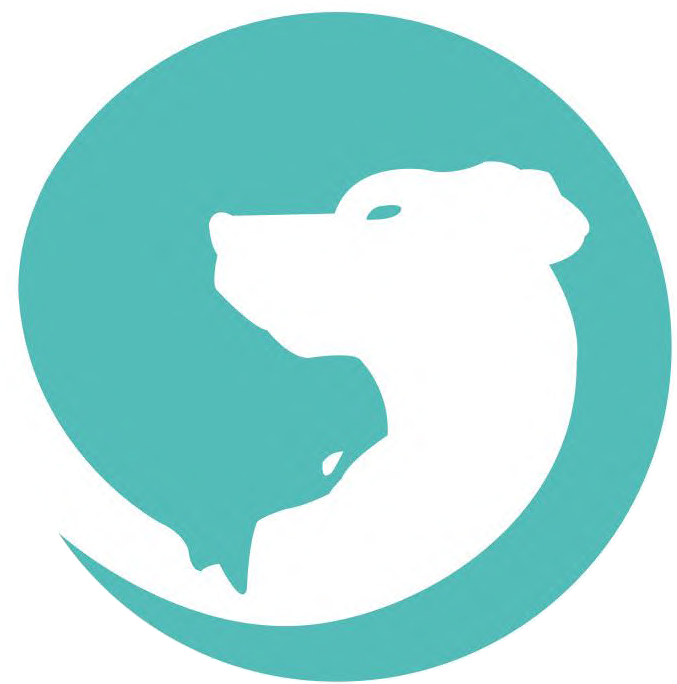Pet First Aid Kit
April is Pet First Aid Awareness Month
When your pet is having a medical emergency, what can you do to help stabilize the situation until you can get them veterinary help?
Do you know the emergency clinics in the Pensacola area?
Do you have access to your pet’s medical records after hours?
What if your pet eats something poisonous?
Here are some tips and items to put in your first aid kit:
Get an index card and put the names and numbers of your Veterinarian and the Emergency Veterinarians in our area listed below. Add to your First Aid Kit. (Put these in your phone for quick access also!)
Veterinary Emergency & Referral Center
4800 North Davis Hwy
Pensacola, FL 32514
850-477-3914MedVet Mobile
2573 Government Blvd
Mobile, AL 36606
251-706-0890Emergency Veterinary Clinic - Okaloosa Walton
212 Government Ave
Niceville, FL 32578
850-729-3335 Option 1Destin Location:
247 Main Street
Destin, FL 32514
850-424-4777 Option 2
Contact us to get access to your records through our online portal. Call us to get started! 850-479-9484 Option 1.
Download our app so your pets will sync up. https://myvet.link/davis-animal-hospital/
Items to put in your first aid kit (This can be a tackle box, a small plastic tub or bin, or craft organizer to keep all that you need in one location.)
Disposable gloves
Sterile saline eye wash (Replace every 6 months once opened.)
Aerosolized saline for wound washing (Replace every 6 months once opened.)
Thermometer to use rectally. (Indicate Rectal on it so you don’t accidentally use it on yourself!)
Normal Dog temps range between 100.2-103.8°F (37.9–39.9°C)
Normal Cat temps range between 100.5-102.5°F (38.1–39.2°C)
Cotton balls or swabs
Guaze pads and rolls
Bandage scissors
Stretchy bandages (Only to be used temporarily as this can easily constrict the limbs causing damage)
Porous tape
Over-the-counter triple antibiotic ointment/cream
Liquid dish soap to wash any substances off your pet
Tweezers
Small towel
Muzzle
Slip leash
Corn syrup or Karo syrup for diabetic emergencies
Trash/grocery bag
If your pet has ingested something toxic, (See this link for more information about what is toxic to pets: https://www.aspca.org/pet-care/animal-poison-control), you can contact two places: Each place charges a consultation fee.
ASPCA Animal Poison Control 888-426-4435
If your pet has a current microchip registration through HomeAgain Pet Microchip, your call to the ASPCA is free!
Pet Poison Helpline 855-764-7661

